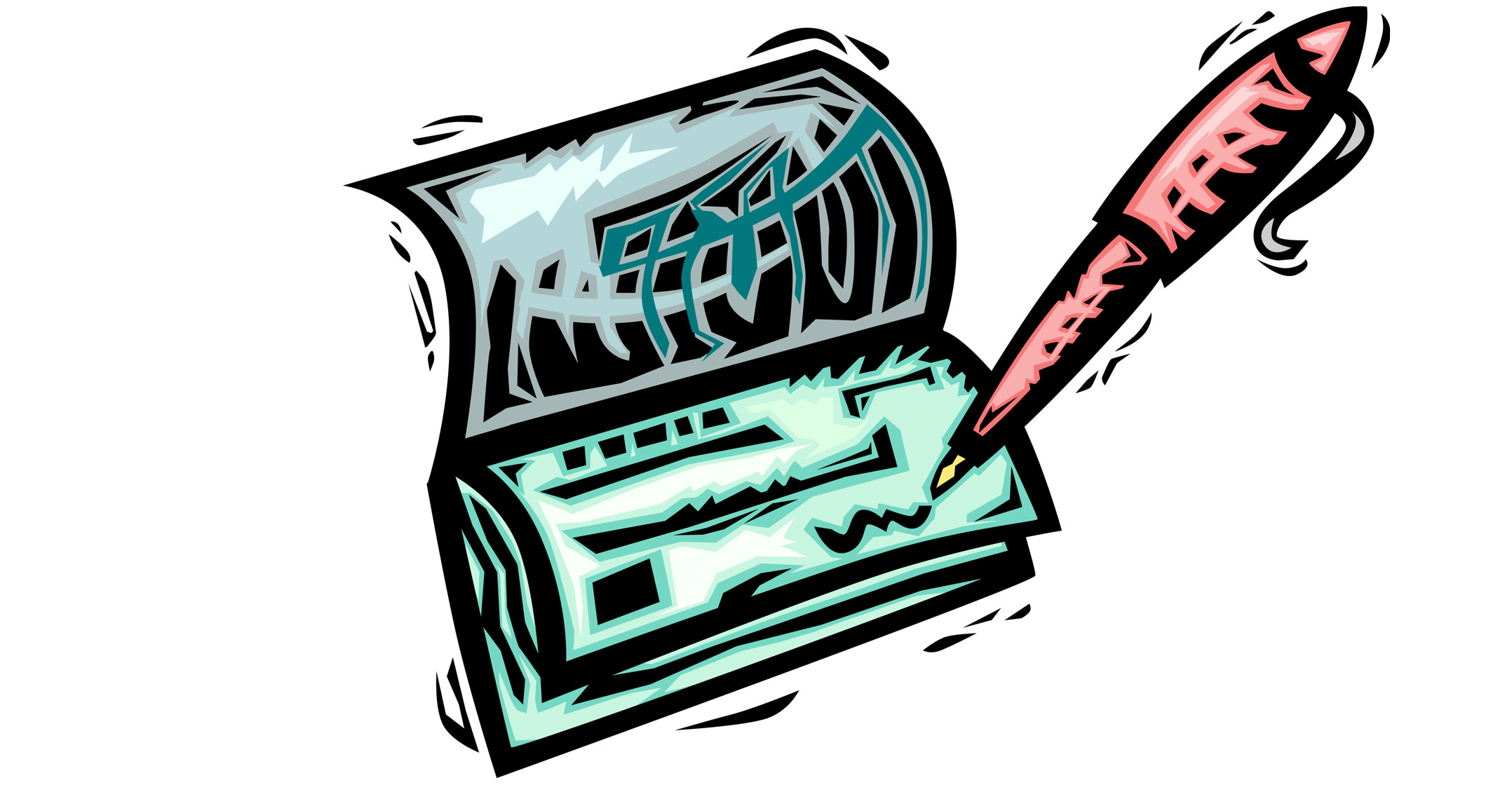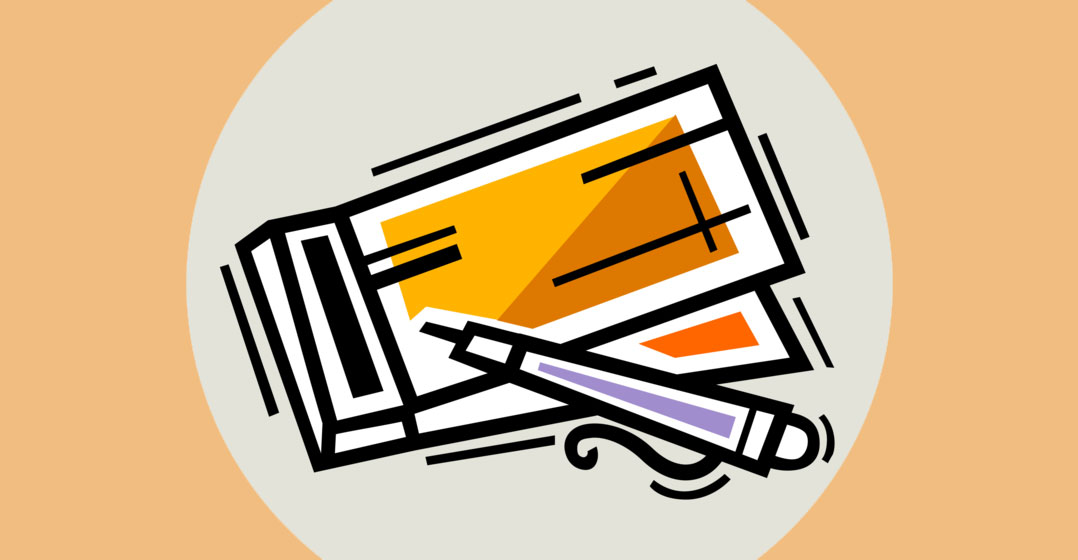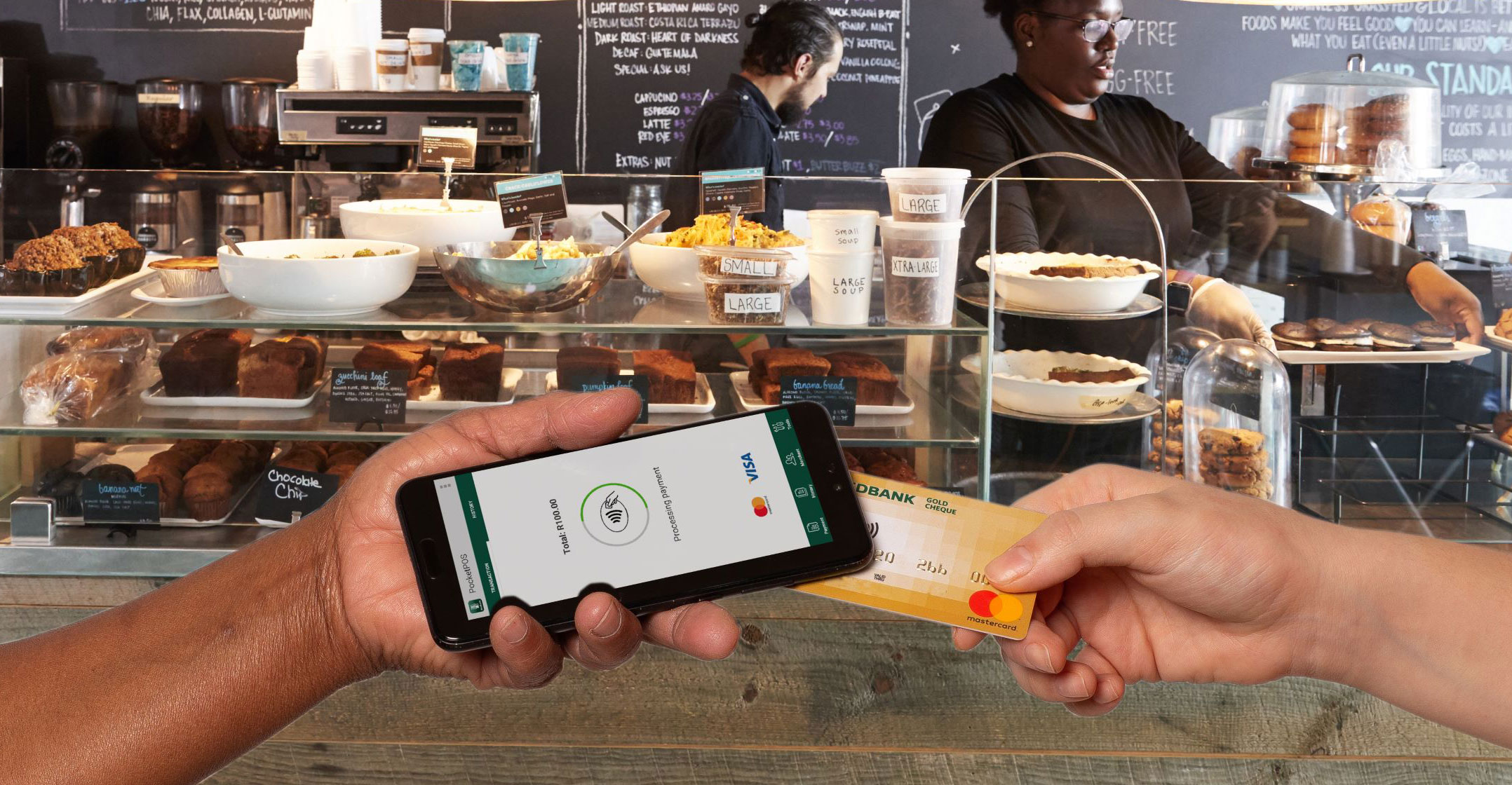 Cheques won’t be celebrating New Year 2021. The South African Reserve Bank has announced that cheques will not be supported by the country’s national payment system from 1 January.
Cheques won’t be celebrating New Year 2021. The South African Reserve Bank has announced that cheques will not be supported by the country’s national payment system from 1 January.
The Bank, which is ultimately responsible for the management, administration, operation, regulation and supervision of all payment, clearing and settlement systems in the banking sector, concluded after a consultation process with stakeholders that cheques have no future in modern payment systems.
South Africa’s national payment system (NPS) encompasses the entire payment process from payer to beneficiary, including settlement between banks. The Reserve Bank polices the process and all the tools, systems, mechanisms, institutions, agreements, procedures, rules or laws applied or utilised to effect payment.
The consultation paper issued earlier in 2020 stated that the NPS enables the circulation of money to enable parties to enter into transactions and exchange value. As such, the NPS contributes to the economy and the applicable regulations ensure financial stability in South Africa.
Cheques are one of the oldest recognised payment instruments globally, as well as in South Africa. The cheque, as an instruction to a bank to pay the bearer cash on presentation, developed a few hundred years after coins became an acceptable form of payment.
In his book The Ascent of Money, author Niall Ferguson states that the first coins appeared in 600BC. Cheques followed within 300 years, spontaneously in different parts of the world, as they presented a much safer way to carry large amounts of cash.
Even safer methods of exchanging money have only developed within the last 40 years or so.
Declined
The Reserve Bank says in its consultation paper that although cheques were a popular form of payment, their use has declined over the years “with the growing usage, cost-effectiveness, efficiency and convenience of electronic payments such as cards and electronic funds transfers (EFTs)”.
Thus, the Bank, the Financial Sector Conduct Authority, the Payments Association of South Africa and the Banking Association South Africa jointly announced that the issuing and the acceptance of cheques will cease at the end of December.
This decision was taken due to the numerous challenges associated with cheques, namely:
- A lengthy processing period;
- Fraud perpetrated through the issuing of cheques;
- Cheques are an expensive payment instrument;
- The restricted acceptance of cheques;
- Declining usage;
- Limited education and protection for the consumer;
- Ageing interbank cheque processing infrastructure; and
- The impact of the coronavirus pandemic.
The Reserve Bank notes that the declining use of cheques, fraud and the ageing cheque-processing infrastructure were the main reasons for the decision to phase them out.
“Between September 2019 and September 2020, the usage of cheques continued to decline at a faster rate, with volumes decreasing from 185 358 to 88 219 (-52%) and values decreasing from R4.78-billion to R842-million,” according to the Bank.
It mentions that in 2019, less than half a percent of the value of total retail sales was paid for with cheques. Cards were used for 12% of the transaction value, with EFTs the most popular (80%).
 “Although the cheque volume is low, the prevalence of fraud in this payment instrument exposes consumers to unnecessary risks and losses,” say South Africa’s financial and monetary authorities in the announcement.
“Although the cheque volume is low, the prevalence of fraud in this payment instrument exposes consumers to unnecessary risks and losses,” say South Africa’s financial and monetary authorities in the announcement.
The Covid-19 pandemic seemed to accelerate the cheque’s death “with consumers increasingly opting for faster, convenient and cheaper digital or electronic” payment methods.
Most banks have already informed their clients that they will no longer issue new cheque books and that they will no longer be able to deposit cheques after 31 December.
Nedbank stopped printing and issuing cheque books (and bank cheques) on 1 September, and also stopped offering special clearances and the returning of cheques with statements.
Aart Jurriaanse, divisional executive of transactional information solutions at Nedbank CIB, says from 1 January Nedbank clients will no longer be able to make payments by means of a cheque.
“Parties that have been paid with a cheque will have to deposit the cheque before 1 January 2021 for the payment to be processed. Clients that have a Nedbank-issued cheque after 1 January 2021 will not be able to deposit the cheque and will have to contact the person or entity that issued the cheque and request an alternative payment, as the cheque will no longer be accepted at any bank,” says Jurriaanse.
Anton de Wet, chief client officer at Nedbank retail and business banking, says the decision to stop offering cheques was not taken lightly, but it has become clear that cheques have become obsolete and can no longer be supported. “Nedbank embarked on the journey to stop offering cheques in 2019 when engagements began with clients to help them migrate to suitable alternatives,” says De Wet.
Limits reduced
Standard Bank says the use of cheques has declined sharply over the last few years, with the reductions in limits introduced by the Reserve Bank have played a major role in their reduced use.
“Historically, clients would have been able to pay up to R5-million using a cheque. This limit has reduced over time driven by overall usage. The last limit reduction came into effect on 1 May, which now only allows for payments of up to R50 000,” says Kuben Chetty, head of client solutions, business and commercial banking at Standard Bank.
“During the Covid-19 lockdown period, the volumes of cheques reduced by around 80%,” says Chetty.
In October Standard Bank discontinued the issuing of new cheque books and “reinforced customer communications and information on alternative offerings”.

That electronic payments are cheaper, more secure, and that the money is available almost instantly, raises the question of who still uses cheques.
“Across the industry and aligned with the Standard Bank client base, mostly public sector clients (schools, local municipalities and universities), motor vehicle dealerships, churches, NGOs, small retailers, scrapyards and some individuals still make use of cheques,” says Chetty.
He says the reasons for cheque-issuing or acceptances range from the entities’ business practices requiring multiple authorisation or signatories, to the cost of the service being known only at that point, to the sense that one has received payment for goods immediately.
However, cheques take up to seven days to be cleared due to a long settlement procedure.
Chetty says the reduction in the volumes of cheques being used contributes to higher per-unit processing costs associated with the maintenance of the cheque-processing infrastructure.
“Cheques are certainly a more expensive payment instrument given their physical nature, considering the unique printing of cheque books, the processing of cheques and the overall transportation of cheques through a long chain.”
He says Covid-19 forced a lot of people to look for and accept modern payment alternatives, ultimately contributing to the end of cheques.
- This article was originally published on Moneyweb and is used here with permission




